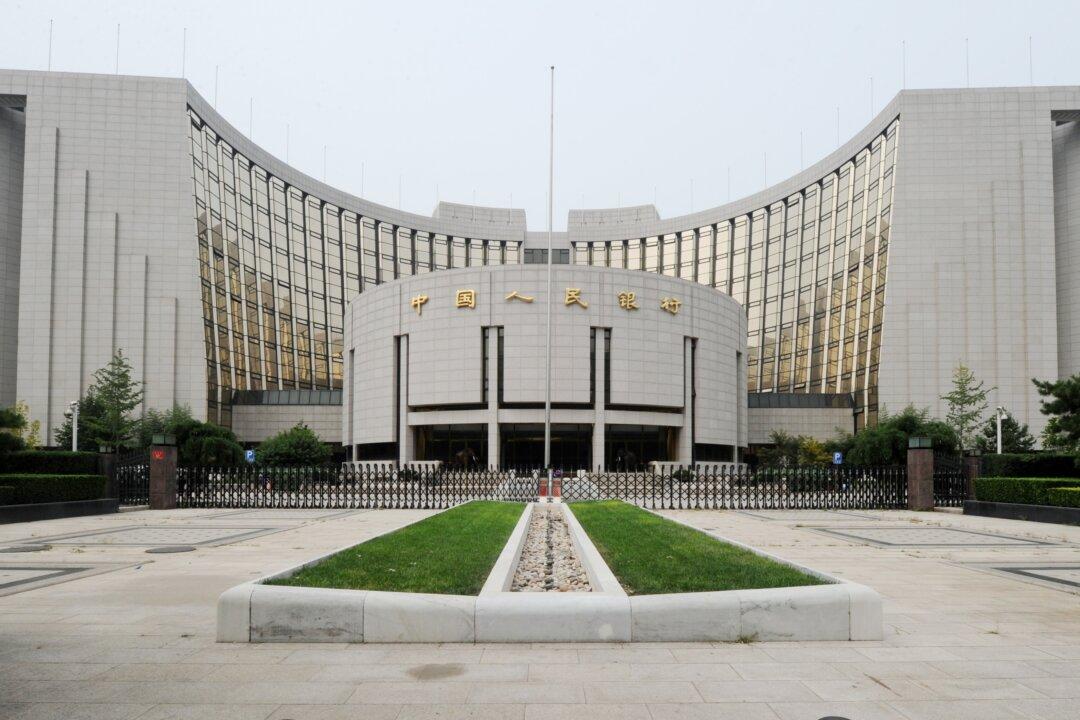BEIJING— China’s banking and insurance watchdog said on Oct. 30 that it will soon release new rules to boost financing to the private sector including small companies, and urged banks to keep lending to businesses facing temporary difficulties.
Chinese leaders have called for more measures to support the private sector and protect jobs as the world’s second-largest economy slows. The sector, comprising a legion of small firms, accounts for 80 percent of urban jobs.





